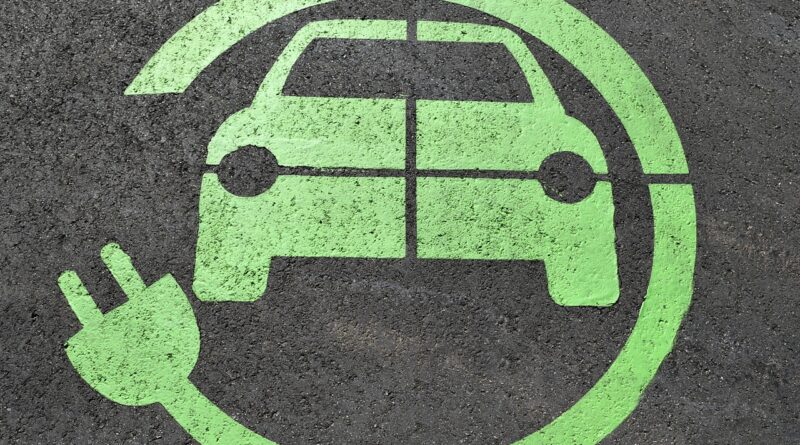Electric car sales will reach a record in 2022, but there is more work to do to get the world closer to zero emissions
Sales of electric vehicles are on track to reach a record this year, but more work is needed in other sectors to move the planet closer to a zero-emission future by 2050, according to the International Energy Agency (IEA).
IEA said in a statement that there were ‘encouraging signs of progress in a number of sectors’, but warned that more work is needed to get the world on track to net-zero emissions by mid-century. Monitoring progress on clean energy, a research programme organised by the Agency and published annually, examined 55 parts of the energy system. The research focused on 2021 and analysed progress towards achieving key milestones by the end of the decade.
The Commission established the profitability of the sampled Union producers by expressing the pre-tax net profit of the sales of the like product to unrelated customers in the Union as a percentage of the turnover of those sales. In addition, it is expected that the sales of electric vehicles will reach a new all-time high in 2022 and will increase to 13% of total worldwide sales of light commercial vehicles. The IEA stated that both electric vehicles and lighting, with over 50% of the global market now using LED technology, are well on track to meet the 2030 milestones.
Despite the prospects for electric vehicles, the IEA noted that they are not yet a global phenomenon and sales in developing countries have been slow due to higher purchase costs and insufficient availability of charging infrastructure. The IEA also reported that 23 areas were not on track, and another 30 were considered areas requiring greater efforts. The IEA argues that improving the energy efficiency of buildings, developing clean and efficient district heating, phasing out coal-fired electricity, eliminating methane burning, using cleaner fuels for aviation and shipping, and making cement, chemicals and steel cleaner would be needed to get areas on track.
IEA Executive Director Fatih Birol said that while there are many signs that the new global energy economy is developing strongly and that the global energy crisis may be a turning point towards a cleaner, more affordable and safer energy system, this new IEA analysis demonstrates the need for greater efforts across a range of technologies and sectors to move closer to meeting energy and climate goals.

